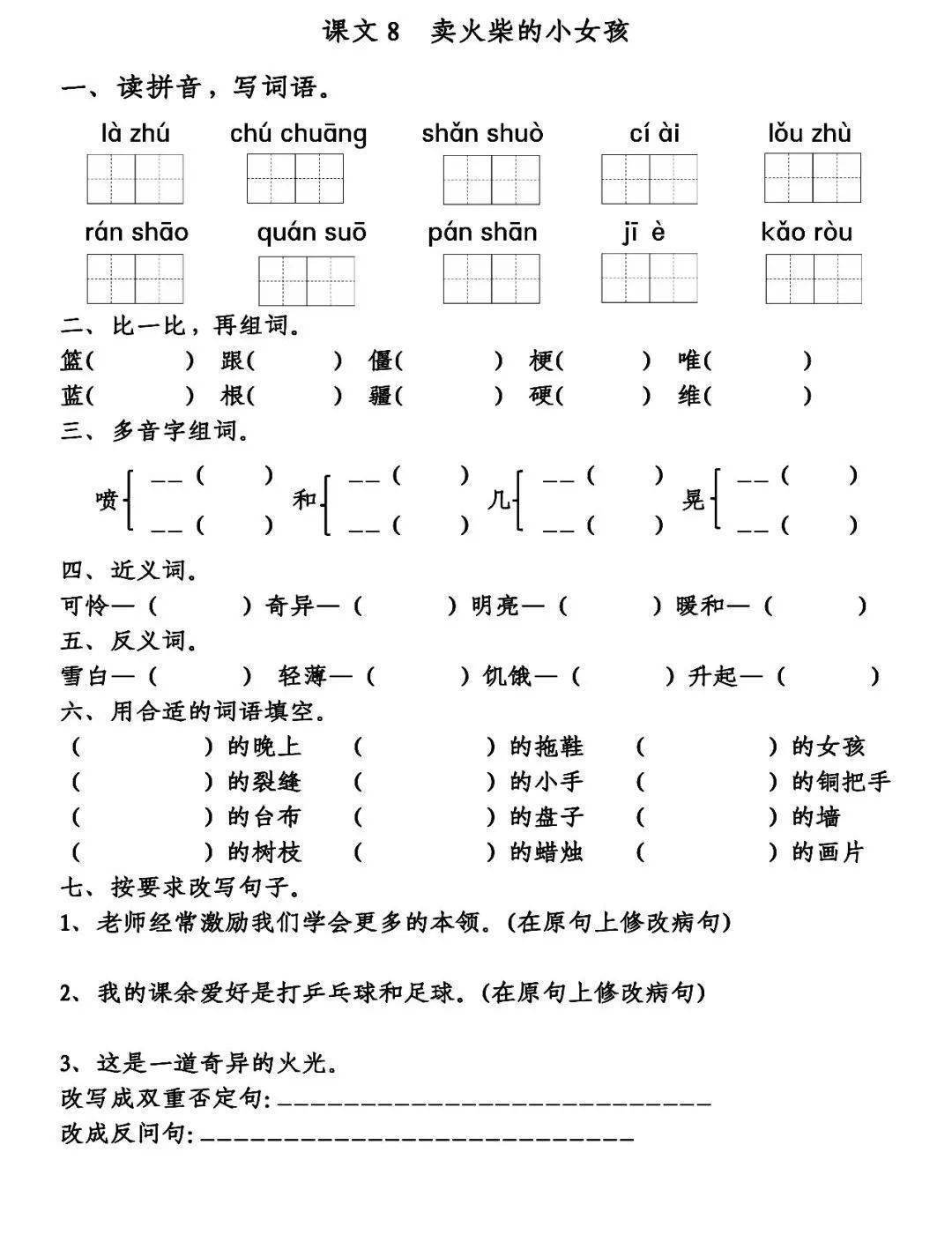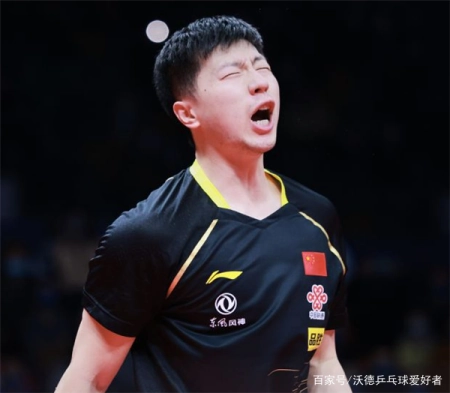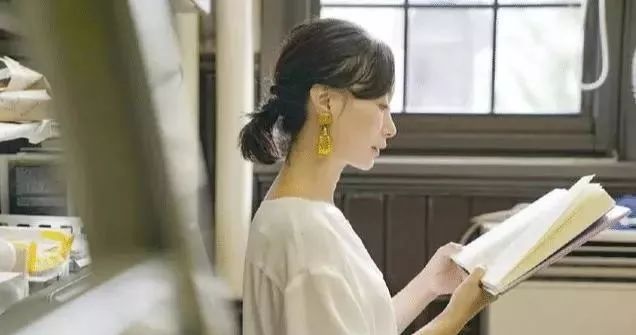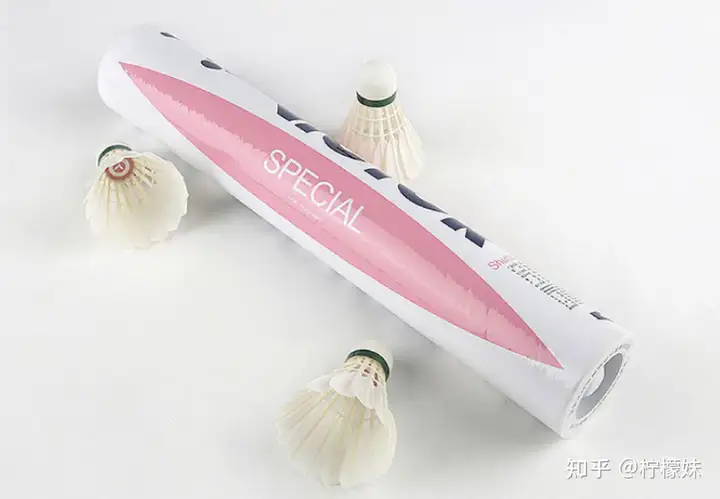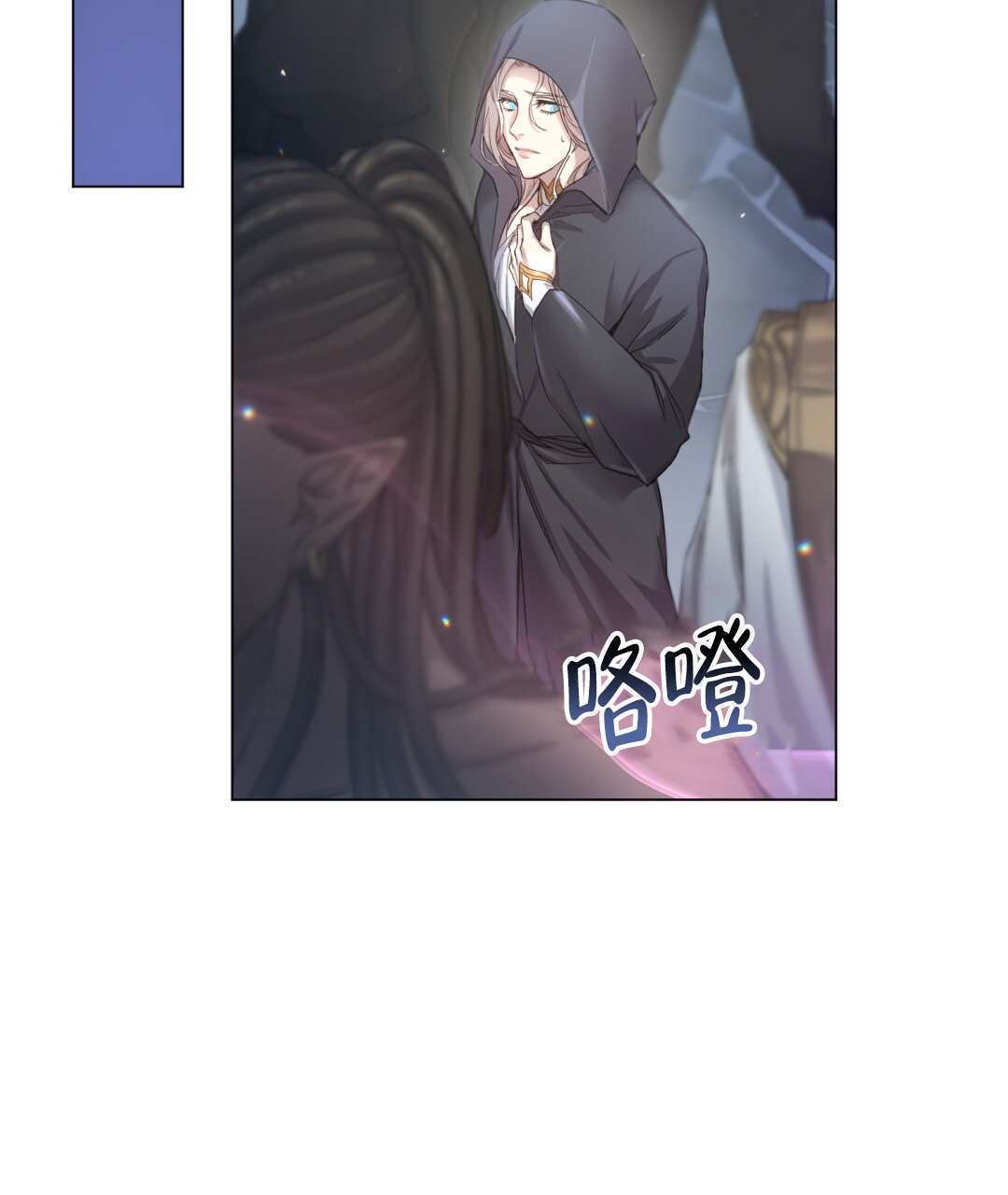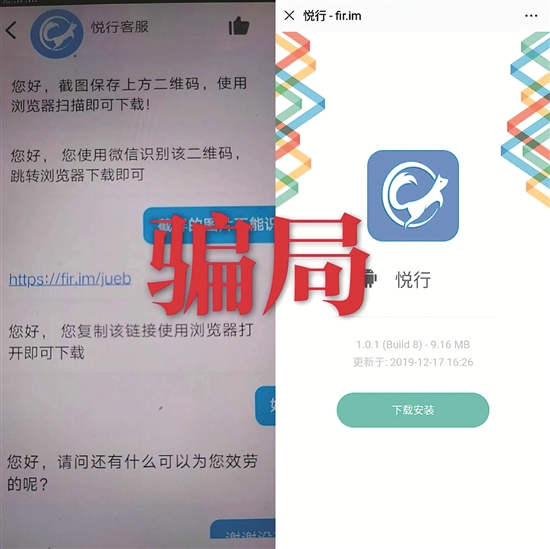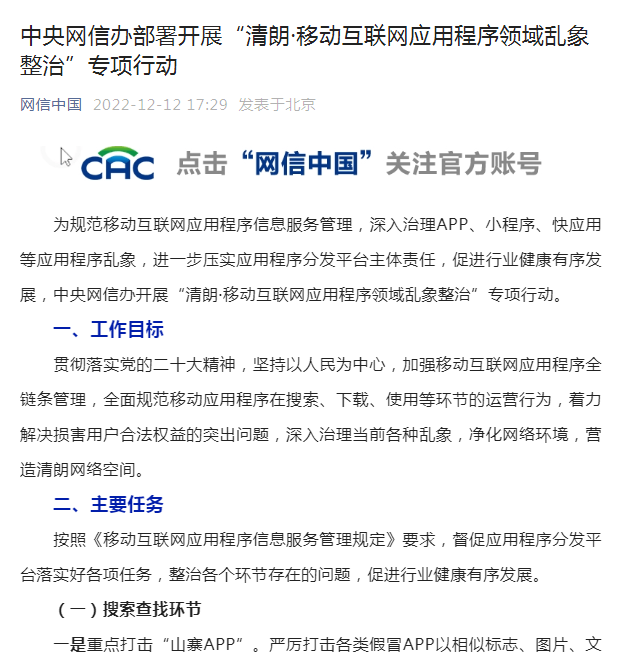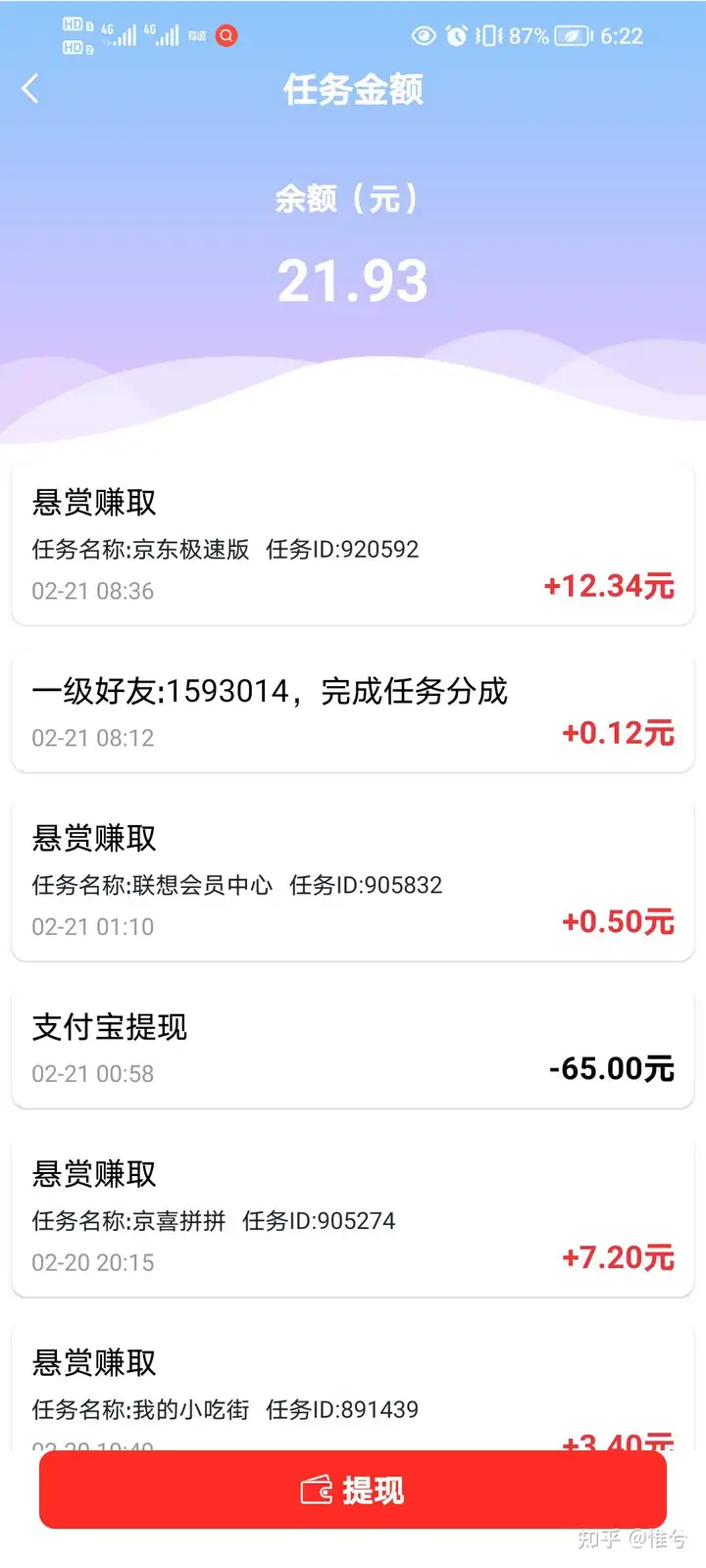外研版小学英语(一起)五年级下册知识点汇总

外研一起五年级下册Module 1 知识汇总
一、词汇
drive驾驶
drove(drive的过去式)驾驶
player演奏者
office办公室
fish捕鱼,钓鱼
二、短语
drive a bus驾驶公共汽车
in an office在办公室
in a factory在工厂
in a hospital在医院
in a shop在商店
a flute player笛子演奏者
Chinese music中国音乐
三、句子
1. She was a driver before. 之前她是一名司机。
2. Look! This is my grandma. She was young in this picture. 看!这是我奶奶。在这张照片里她是年轻的。
3. — What did she drive? 她开过什么车?
— She drove a bus. 她开公共汽车。
4. He was a flute player before. 他之前是一名笛子演奏者。
5. — What music did he play? 他演奏什么音乐呢?
— He played Chinese music. 他演奏中国音乐。
6. I can play the flute, too. 我也会吹笛子。
7. This is my grandpa. He’s fishing. He was a train driver before. 这是我爷爷。他正在钓鱼。之前他是一名火车司机。
8. — Where did your grandpa work, Xiaoyong? 小勇,你爷爷之前在哪工作?
— He worked in a hospital. 他在一家医院工作。
四、句型结构
① 描述某人过去从事的职业
主语 + was / were + a / an + 职业名称 + before.
eg: I was a writer before. 之前我是一名作家。
My father was a basketball player before. 我爸爸之前是一名篮球运动员。
② 描述某人过去的工作地点
主语 + worked in a / an + 地点.
eg: My mother worked in a school. 我妈妈过去在一个学校里上班。
Marry worked in a factory. 玛丽过去在一个工厂上班。
外研一起五年级下册Module 2 知识汇总
一、词汇
sausage香肠
sandwich三明治
fish and chips炸鱼加炸薯条
traditional传统的
dish食品,菜肴
delicious美味的
chicken鸡肉
二、短语
English food英国食物
have breakfast吃早餐
at half past twelve在十二点半
三、句子
1. — What did she have for breakfast? 早饭她吃了什么?
— She had eggs and sausages. 她吃了鸡蛋和香肠。
2. — What did she have for lunch? 午餐她吃了什么?
— She had sandwiches. 她吃了三明治。
3. — What did she have for dinner? 晚餐她吃了什么?
— Fish and chips. 炸鱼和炸薯条。
4. It’s a traditional English dish. 它是传统的英式早餐。
5. — Does Lingling like English food? 玲玲喜换英国食物吗?
— Yes, she does. 是的,她喜欢。
6. Daming usually has meat, vegetables and rice for dinner. But today he has noodles and an egg. 大明通常晚餐吃肉,蔬菜和米饭。但是今天他吃了面条和一颗鸡蛋。
7. In the UK, people usually have breakfast at 7 o’clock. Lunch is usually at half past twelve. Dinner is usually at half past six. 在英国,人们通常在七点吃早餐。午餐通常在十二点半。晚餐通常在六点半。
四、句型结构
① 描述一日三餐的具体时间
Breakfast / Lunch / Dinner is usually at + 时间.
eg: Breakfast is usually at seven o’clock. 早餐通常在七点。
Lunch is usually at twelve. 午餐通常在十二点。
Dinner is usually at half past seven. 晚餐通常在七点半。
② 询问某人一日三餐吃了什么
— What did + 主语 + have for + breakfast / lunch / dinner?
— He / She had ...
eg: — What did Lance have for dinner? 兰斯晚餐吃了什么?
— He had noodles and an apple. 他吃了面条和一个苹果。
— What did Judy have for breakfast? 朱迪早餐吃了什么?
— She had milk and break. 她喝了牛奶,吃了面包。
外研一起五年级下册Module 3 知识汇总
一、词汇
DVD数字化视频光盘
librarian图书管理员;图书馆馆长
show给(某人)看
borrow借入,借来
二、短语
at the library在图书馆
in China在中国
on the computer在电脑上
in two weeks在两周内
borrow books借书
use the computers使用电脑
talk to sb.和某人说话
do one’s homework做家庭作业
library card图书证
三、句子
1. — Excuse me. Have you got the Harry Potter DVDs? 打扰一下。你们有哈利波特的光盘吗?
— I’ll look on the computer. Sorry, we haven’t got the DVDs. But we have got the books. 我在电脑上看看。对不起,我们没有哈利波特的光盘。但我们有哈利波特的书。
2. Harry Potter is our favourite. 哈利波特是我的最爱。
3. Children in China like Harry Potter, too. 中国的孩子也喜欢哈利波特。
4. Please give the books back in two weeks. 请把这些书在两周内归还。
5. You’ve got lots of Harry Potter books here! 这儿有许多哈利波特的书!
6. You can borrow books in a library. 你能图书馆里借书。
7. You can’t talk to your friends. 你不能和你朋友聊天。
8. — Can I have some sweets, please? 我能吃糖果吗?
— Sorry, you can’t. 对不起,你不能。
四、句型结构
① 询问对方是否拥有某物
— Have you got ...?
— Yes, I have. / No, I haven’t.
eg: — Have you got any toy trains? 你有玩具火车吗?
— Yes, I have. 是的,我有。
— Have you got a new kite? 你有新风筝吗?
— No, I haven’t. 不,我没有。
② 询问我可以吃点......吗
— Can I have some ..., please?
— Sorry, you can’t. / Yes, you can.
eg: — Can I have some rice, please? 我能吃点米饭吗?
— Sorry, you can’t. We only have noodles. 对不起,你不能。我们只有面条。
外研一起五年级下册Module 4 知识汇总
一、词汇
sent(send的过去式)寄,发送
American美国的;美国人的
read(read的过去式)阅读
interesting令人感兴趣的;有趣的
season季节
snow雪
二、短语
live in... 住在......
go swimming去游泳
play with... 玩......
on the trees在树上
in the river在河里
a maths game数字游戏
this summer今年夏天
三、句子
1. — I sent you American chocolate. Did you eat it? 我送你的美国巧克力,你吃过了吗?
— Yes, I ate some of it. Thank you. It was delicious. 是的,我吃了一点。谢谢你。很美味。
2. — Do you want to come to the US this summer? 今年夏天你想来美国吗?
— Yes. 是的。
3. I can go swimming in summer. I love swimming with my mother. 今年我要去游泳。我喜欢和我妈妈一起去游泳。
4. My favourite season is spring. 我喜欢的季节是春天。
5. The leaves fall from the trees. 树叶从树上落下来了。
6. I can play with the snow. 我能玩雪。
四、句型结构
① 描述自己最喜欢的季节
My favourite season is ...
eg: My favourite season is summer. 我最喜欢的季节是夏天。
My favourite season is winter. 我最喜欢的季节是冬天。
② 描述自己会做某事
I can + 动词原形 + 其他.
eg: I can play with snow in winter. 我能在冬天玩雪。
I can speak English well. 我能说英语说得很好。
外研一起五年级下册Module 5 知识汇总
一、词汇
How much ...? ......多少钱?
light轻的
sales assistant售货员,营业员
carry提;抱;扛;背;搬
pound英镑
back背,背部
over在......的上方,在......的上面
shoulder肩,肩膀
二、短语
at the shop在商店
look at... 看......
三、句子
1. Thank you very much. 非常感谢你。
2. We’ll take it, please. 我们要买下它。
3. Your bag is broken. 你的包坏了。
4. This red bag has got wheels. It will be easy for her to carry. 这个红色的包有轮子。对她来说拉起来很方便。
5. I carry it over my shoulder. 我把它放在我的肩膀上。
6. Xiaoyong’s birthday is coming. Let’s buy a present for him. 小勇的生日就要到了。让我们为他买个礼物吧。
7. Let’s make a birthday card for him. 让我们给他做张生日贺卡吧。
四、句型结构
询问价格
— How much is / are ...?
— It’s / They’re ...
eg: — How much is the bike? 自行车多少钱?
— It’s 100 yuan. 100元。
— How much are these pencils? 这些铅笔多少钱?
— They are twenty dollars. 二十美元。
外研一起五年级下册Module 6 知识汇总
一、词汇
build建造
place地方
thousand(数字)一千
circle圆,圆形
answer答案
hope希望
so如此,这样
get到达(某地)
hour小时
amazing令人吃惊的
take搭乘,乘坐
short短暂的,短期的
helicopter直升机
二、短语
last Saturday上星期六
this summer今年夏天
five thousand years old五千年的历史
by car乘小汽车
on top of... 在......的上面
in a circle围城一个圆
from the sky从天空中
get there到达那里
find the answer找到答案
lots of许多
三、句子
1. I hope so! 我希望如此!
2. I can’t wait! 我等不及了!
3. No one knows. 无人知晓。
4. You’re clever. 你很聪明。
5. All right! 好的!
6. — What will we see there? 在那我们将会看见什么?
— We’ll see lots of very big stones. 我们将会看见许多大石头。
7. — Why did people build it? 为什么人们建造了它?
— No one knows. 没人知道。
8. — How will we get there? 我们怎么到那?
— By car. 乘小汽车。
9. There was a very big surprise waiting for me. 有一个巨大的惊喜等着我们。
10. I took some nice photos there. 在那我拍了一些好看的照片。
四、句型结构
① 描述我们将要做某事
We will + 动词原形 + 其他.
eg: We will fly to New York. 我们将要飞往纽约。
We will water the flowers. 我们将要去浇花。
② 询问某人为什么建造了某物
Why did + 主语 + build + 建筑物名称?
eg: Why did people build the Great Wall? 人们为什么建造了长城?
Why did you build the small house? 你为什么建造了这座小房子?
③ 询问出行方式
— How will you get (to) + 地点?
— By + 交通工具. / On foot.
eg: — How will you go to school? 你怎样去学校?
— By bike. 骑自行车。
— How will you go home? 你怎样回家?
— On foot. 步行。
外研一起五年级下册Module 7 知识汇总
一、词汇
evening傍晚,晚上
actor演员
busy忙的,忙碌的
quarter一刻钟
二、短语
go to school / work去上学/上班
every morning每天早上/上午
half past five五点半
a taxi driver一名出租车司机
a quarter to seven六点四五分
三、句子
1. Don’t worry! 别担心!
2. I go to school at 7 am. My cousin goes to work at 7 pm. 我早上七点去上学。我表哥下午7点去工作。
3. I go home at 5 pm. He goes home at 5 am. 我下午五点回家。他早上五点回家。
4. — What does he do? 他是做什么的?
— He’s a policeman. 他是一名警察。
5. — What does she do? 她是做什么的?
— She’s a nurse. 她是一名护士。
6. It’s quarter to eight now. School starts at 8 o’clock. I’ll be late. 现在7点四十五了。学校八点上课。我要迟到了。
7. — Will you still be home at 7 o’clock? 你依旧会在七点到家吗?
— Yes, I will. 是的,我会。
四、句型结构
① 描述某人几点去工作
主语 + go / goes to work at + 时间.
eg: My father goes to work at seven o’clock. 我爸爸七点去上班。
Linda goes to work at eight o’clock. 琳达八点去上班。
② 介绍某人的职业
主语 + be动词 + 职业名称.
eg: My mother is a teacher. 我妈妈是一名老师。
Jack is a actor. 杰克是一名演员。
外研一起五年级下册Module 8 知识汇总
一、词汇
Chinese中国人的
drew(draw的过去式)绘画,画
piece张,片,块
painted(paint的过去式)给......涂颜料
scissors(常复)剪刀
stick棍,棒
tied(tie的过去式)扎上,系上
string线,细绳
二、短语
a Chinese dragon一条中国龙
a piece of paper一张纸
make a kite制作风筝
三、句子
1. I’ll make a paper fish for her. 我将要做一条纸做的鱼给她。
2. I’m going to visit my cousin in New York. 我打算去看望我纽约的表哥去。
3. — Will you help me? 你会帮我吗?
— Of course I will. 当然会了。
4. I cut the paper with scissors. 我用剪刀剪纸。
5. — What will you do tomorrow? 你明天将要做什么?
— I’ll go swimming tomorrow. 我明天将要去游泳。
四、句型结构
询问你明天将要做什么
— What will you do tomorrow?
— I’ll + 动词原形 + 其他.
eg: — What will you do tomorrow? 你明天将要做什么?
— I’ll go to the zoo. 我将要去动物园。
外研一起五年级下册Module 9 知识汇总
一、词汇
theatre剧院
men(man的复数形式)男人
women(woman的复数形式)女人
told(tell的过去式)口述,讲
joke笑话 funny滑稽的,可笑的
show演出,表演
put(put的过去式)放置
history历史;历史学
subject学科,科目
二、短语
a children’s theatre一家儿童剧院
Chinese history中国历史
tell lots of jokes讲许多笑话
be ready for... 为......做准备
read a book读书
ask you some questions问你一些问题
a lot of许多
last week上星期
三、句子
1. I saw a dog. It wore a coat. 我看见一只狗。它穿着一件外套。
2. Last week, we went to a children’s theatre. 上星期,我们去了一家儿童剧院。
3. The actors told lots of jokes. 演员讲了许多笑话。
4. After the show, we went to a restaurant. We all ate hamburgers and chips. 演出之后,我们去了餐厅。我们吃了汉堡包和薯条。
5. Are you ready for your trip to the US? 你准备好去美国旅行了吗?
6. See you soon! 希望尽快见到你!
7. It will be fun! 那将很有趣!
四、句型结构
描写为某人买了某物
主语 + bought ... for sb.
eg: My mother bought a green scarf for me. 我妈妈给我买了一个绿色的围巾。
Bob bought a pencil for his friend. 鲍勃给他朋友买了一支铅笔。
外研一起五年级下册Module 10 知识汇总
一、词汇
ticket票
passport护照
leave离开,动身
July七月
August八月
met(meet的过去式)遇见
classmate同班同学
二、短语
take the plane乘飞机
go to the airport去机场
make a new friend交一个新朋友
write to sb. 给某人写信
climb the mountain爬山
have a picnic野餐
on the beach在沙滩上
Mount Tai泰山
三、句子
1. Are you ready for your trip? 你为你的旅行做好准备了吗?
2. — Where will you go tomorrow? 你明天将要去哪?
— I’ll go to the airport. 我将要去机场。
3. — When will you leave tomorrow? 你明天什么时候离开呢?
— At 7 o’clock in the morning. 明早七点。
4. — What did you put in your bag? 你在你的包里放了什么?
— My clothes, my shoes, some presents, my ticket and my passport. 我的衣服,鞋子,一些礼物,我的飞机票和护照。
5. Last night, I went to the moon. I took some photos for you. 昨晚我去了月球。我拍了些照片给你。
6. We had a really good time together. 我们玩得很开心。
四、句型结构
① 询问对方将要去哪里
— Where will you go?
— I will go (to) ...
eg: — Where will you go? 你将要去哪里?
— I will go to the park. 我将要去公园。
② 询问对方在某处放了什么
What did you put + 表示位置的介词短语?
eg: What did you put in your schoolbag? 在你书包里放了什么?
What did you put on the table? 桌子上放了什么?
-END-


